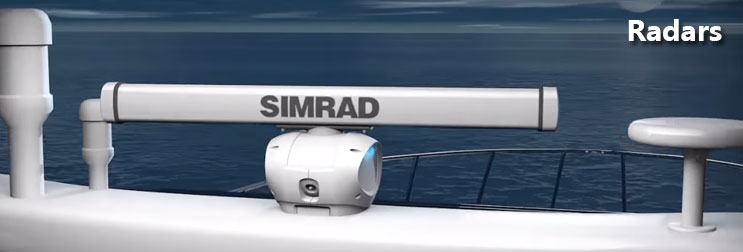Using Radars in Marine Industry - 20 Uses of a Marine Radar

The use of marine radar has gained immense popularity over the last few decades given they have improved so much. Radar is an inseparable tool marine equipment today that every onboard ship must have in order to navigate safely. A radar device helps a ship detect, track and locate its targets as it navigates through one point to another. Whether you are using an open array radar or a radar dome , the system can be used in a variety of ways. The list below explains top twenty uses of radar technology in the marine industry. Let’s get started: Major Benefits of Using Marine Radars: 1. Tracking: A radar tracks the movement of any identified thing within the range as well as tells the speed to give an estimate of how fast the object is approaching. 2. Calculate Distance: The Doppler frequency helps find the range and bearing of any incoming object towards the vessel. The info is then used to determine the speed and course of incoming target. 3. Navigation:

